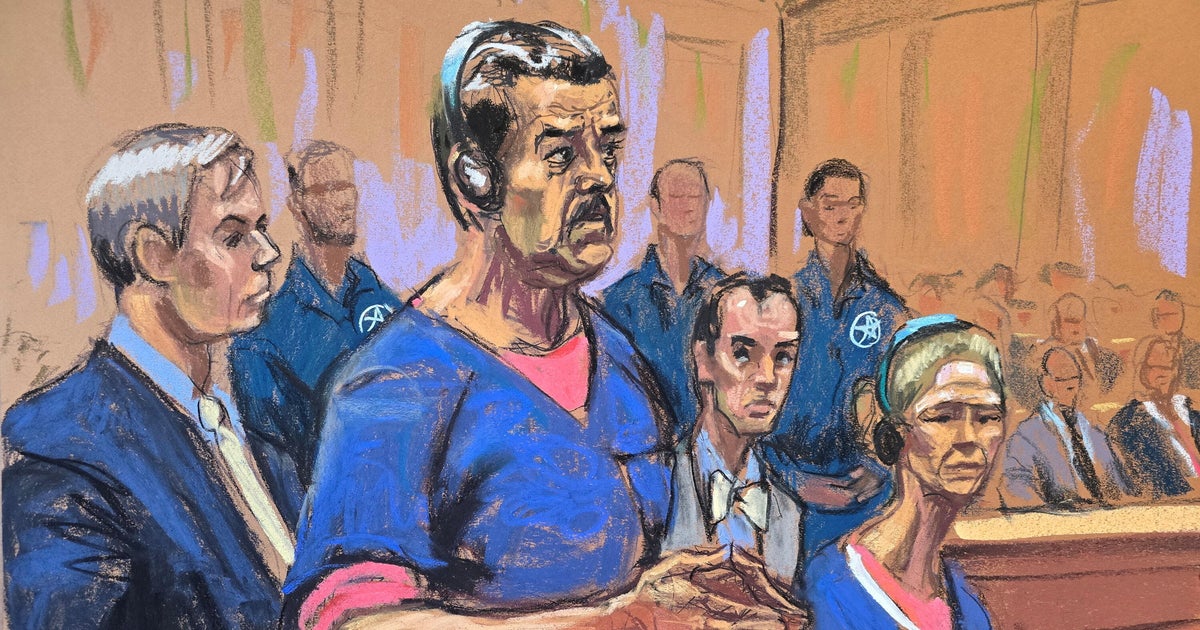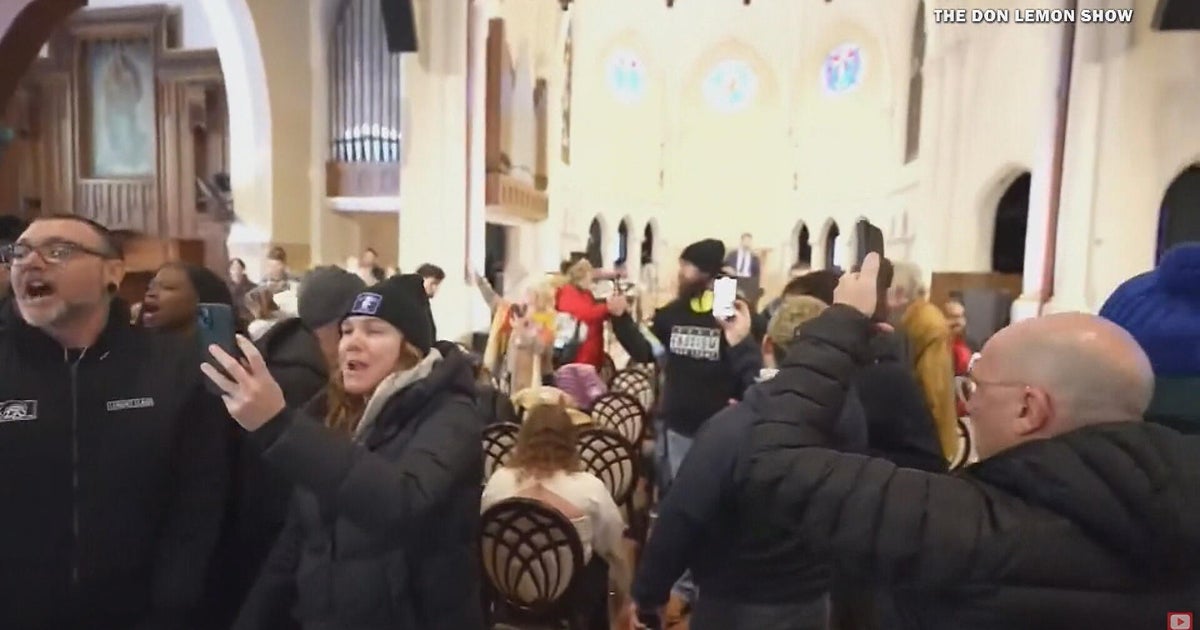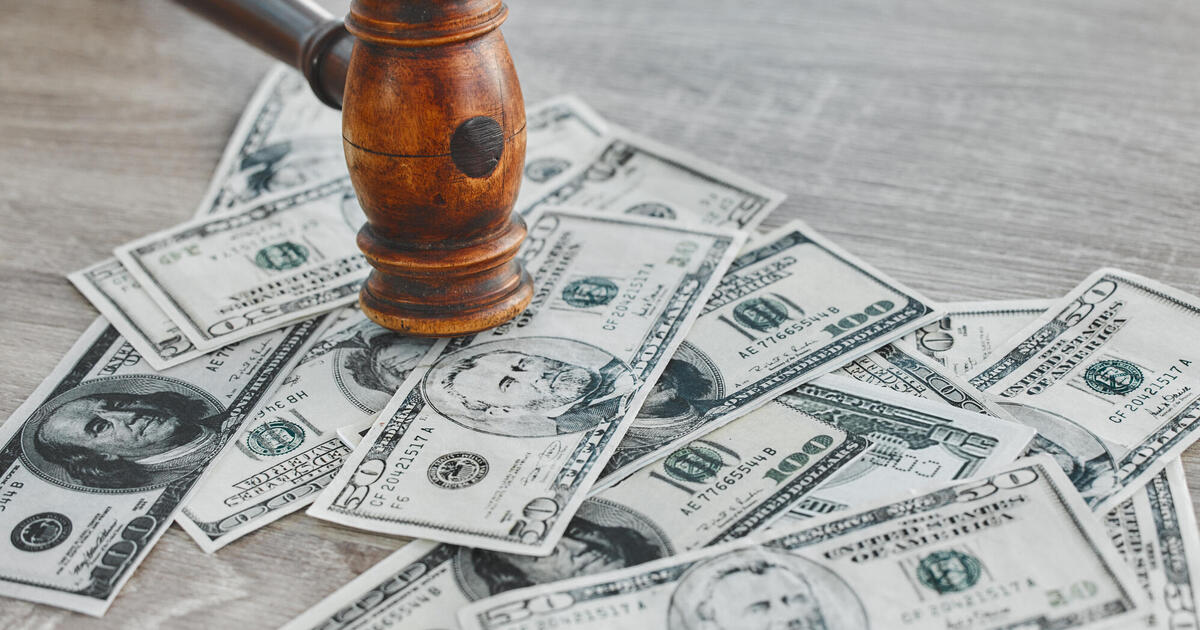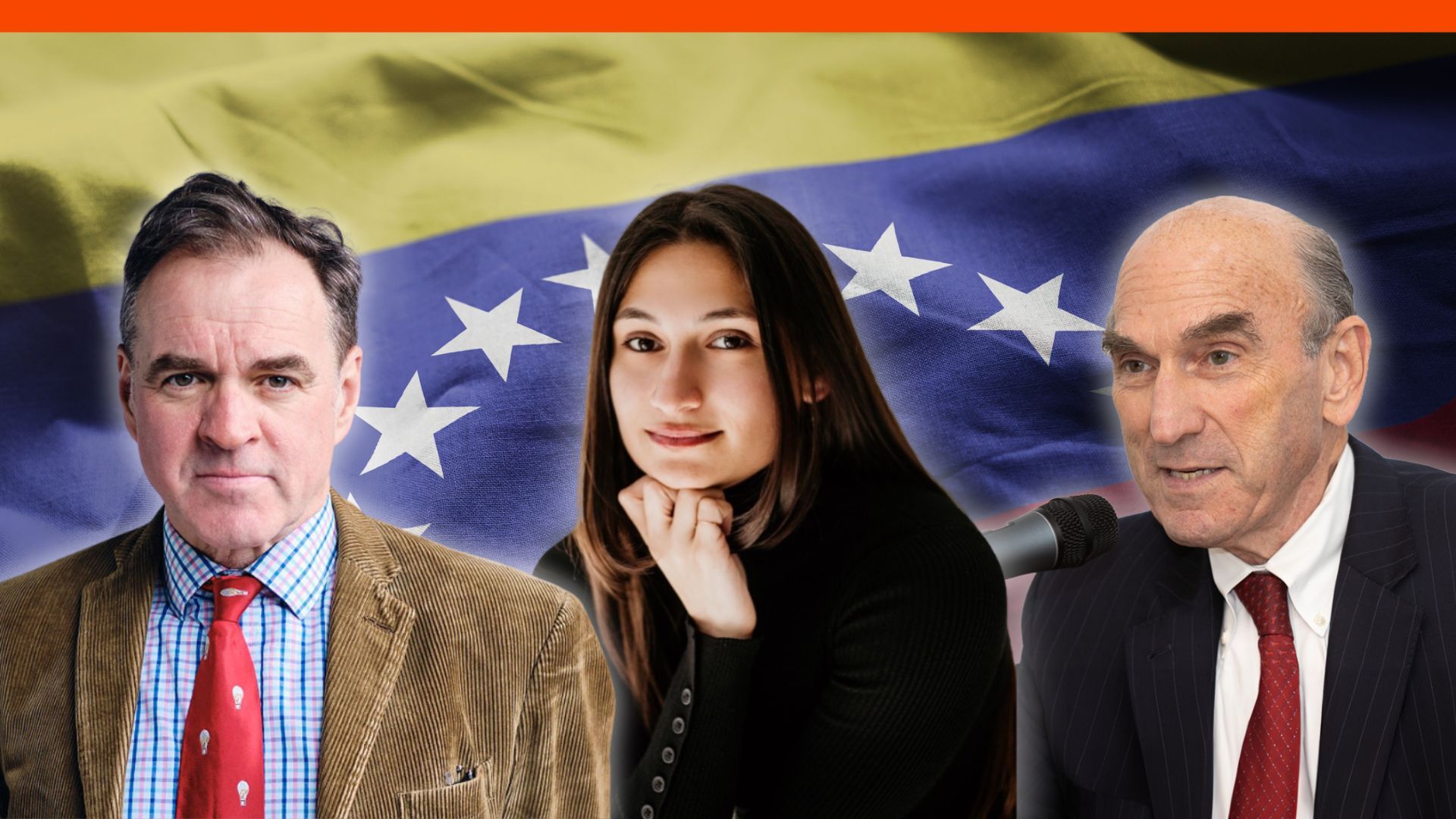U.S. charges Venezuelan President Nicolás Maduro and top officials for drug trafficking scheme
Washington — The Justice Department announced federal charges against Venezuelan President Nicolás Maduro and his top deputies for crimes related to narco-terrorism, money laundering and drug trafficking, marking the most aggressive action taken by the United States against the socialist country.
Attorney General William Barr announced the unsealing of superseding indictments in federal court in New York and South Florida against Maduro and other Venezuelan officials, alleging they orchestrated a "narco-terrorism conspiracy" spanning more than two decades.
"As alleged, the Maduro regime is awash in corruption and criminality. Maduro and his other defendants have betrayed the Venezuelan people and corrupted Venezuela's institutions," Barr said during a "virtual" news conference in Washington, D.C., to reduce the risk of exposure to coronavirus. "While the Venezuelan people suffer, this cabal lines their pockets with drug money and the proceeds of their corruption, and this has to come to an end."
In addition to Maduro, the head of Venezuela's Constituent Assembly, its former director of military intelligence and a former high-ranking general were charged in New York for their involvement in narco-terrorism. The chief justice of Venezuela's Supreme Court was charged for involvement in money laundering in South Florida, Barr said, and the country's minister of defense was indicted on drug trafficking charges in the District of Columbia. Fifteen people in total were charged.
The State Department is offering rewards of up to $15 million for information leading to the arrests of Maduro and the others charged.
Federal prosecutors allege Maduro and other Venezuelan leaders worked with FARC, a Colombian guerilla group, as part of efforts to "flood the United States with cocaine."
According to the Justice Department, Maduro and the others charged served as leaders of the Cartel de Los Soles, which worked with FARC to dispatch shipments of cocaine that traveled from Venezuela to the U.S. through Central America and the Caribbean. The shipments were made by sea through "go-fast" vessels, fishing boats and container ships, as well as by air, by using clandestine airstrips.
The State Department estimates 75 unauthorized flights suspected of drug-trafficking activities used an "air bridge" cocaine route between Venezuela and Honduras and entered Honduran airspace. The State Department also estimates that by 2004, roughly 250 or more tons of cocaine were traveling through Venezuela.
The Justice Department alleges FARC and members of the Cartel de Los Soles paid bribes in exchange for access to commercial ports and data from air and maritime radar in Venezuela in order to ensure safe passage of the cocaine shipments, which benefited Maduro and the other defendants. Federal prosecutors also said the Venezuelan president directed the cartel to provide military-grade weapons to the FARC.
"Maduro very deliberately deployed cocaine as a weapon," said Geoffrey Berman, the U.S. Attorney for the Southern District of New York.
The Justice Department alleges Maikel Moreno, the chief justice of the Venezuelan Supreme Court, demanded bribes from those who appeared before him. In one instance, he allegedly authorized the seizure of a General Motors plant in exchange for a kickback, leaving thousands without jobs.
The charges against Moreno "demonstrate that the last line of defense in Venezuela has crumbled, creating a system without rule of law and without justice," said Ariana Fajardo Orshan, the U.S. Attorney for the Southern District of Florida,
"In short, Venezuela has descended in a state of corruption, resulting in a massive treasure grab for the rich and powerful," she said.
The decision to pursue criminal charges against top officials further escalates tensions between the U.S. and Venezuela. The Trump administration has engaged in a maximum pressure campaign against Venezuela, seeking to topple Maduro amid the country's ongoing political and economic crisis. Last year, the Trump administration froze all Venezuelan government assets and blocked American companies and individuals from doing business with Maduro's regime.
The U.S. and other countries have recognized opposition leader Juan Guaidó as Venezuela's rightful leader, and Guaidó met with President Trump at the White House in February. He also attended this year's State of the Union address as a guest of Mr. Trump's, during which the president introduced Guaidó as Venezuela's "true and legitimate" and said Maduro was a "tyrant."
Barr said the Justice Department has not been in contact with Guaidó about the charges against Maduro and other Venezuelan leaders.
Still, Maduro has retained control of Venezuela in the wake of last year's uprising led by Guaidó and clashes between civilians and Maduro's security forces. Maduro took over as president of Venezuela in 2013 after the death of Hugo Chavez.
The last Latin American leader charged by the U.S. was Panamanian dictator Manuel Noriega, who faced charges of narcotics trafficking and money laundering in 1990. Noriega surrendered after the United States invaded the country and was flown back to Miami, where he was ultimately sentenced to 40 years in prison.



